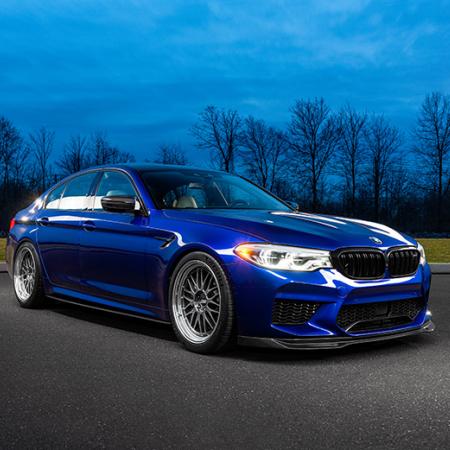In a moment of mind-boggling irony, BMW is now the biggest automotive EXPORTER in the U.S. In fact, the company was just recognized by the National Association of Foreign Trade Zones as its Exporter of the Year. In addition, the association recognized BMW as the recipient of its Export Achievement Award for being the member that showed the most improvement in value.
It's all based on BMW’s plant in South Carolina, which has steadily increased its export activity. According to data from the U.S. Department of Commerce, based on the 2011 value of BMW exports from South Carolina, the company's Spartanburg facility is the largest automotive exporter from the U.S.
BMW’s plant in Spartanburg produces more than 1,000 vehicles a day and is the exclusive exporter of X3 and X5 sports activity vehicles and the X6 sports activity coupe through the Port of Charleston. This year, the plant is projected to produce more than 300,000 vehicles and will ship 70% of those cars to more than 130 global markets.
“We are very proud of our accomplishments,” said Sky Foster, manager for corporate communications at BMW Manufacturing. “I wish to thank our associates, tier 1 suppliers and the South Carolina Ports Authority for their support in our shared success.”
Lewis Leibowitz, the association’s chairman, said the foreign trade zone program has “proven to be especially successful to ensure the U.S. remains a strong global competitor. BMW’s plant in South Carolina continues to be a leader in the passenger vehicle segment, and we applaud their results.”
The plant began vehicle production in 1994. In the last 18 years, BMW Manufacturing has produced more than 2 million vehicles.
Earlier this year, the company announced another $900 million expansion to increase capacity to 350,000 units by 2014, and will bring a new model to its Spartanburg operation.
The plant shipped 192,000 vehicles through the Port of Charleston last year, a 75% increase compared with 110,000 vehicles in 2010. Its exports were valued at $7.4 billion in 2011, compared with $4.4 billion a year ago.––Paul Duchene









